We’ve seen the rise of low sugar, functional beverages, a growing number of non-alcoholic drinks hit the market, and a new (and renewed) interest in tea—all amplified if not a result of the pandemic. People are making changes to their lifestyle, taking better care of themselves both emotionally and physically. They are also relying more on teas for energy, immunity, focus, improved mood, and sleep. The addition of herbs to what used to be just black or green tea is delivering what consumers are looking for.
“There is a different tea for each mood—one that pairs perfectly with reading a book, another for lively conversation with friends, a blend that will help you to relax or focus to get a bunch of work done.”
—Andy Hayes, Plum Deluxe Teas
Here are 5 herbs that can be added to teas for both great flavor and function with the potential to spark even more interest in tea drinking.
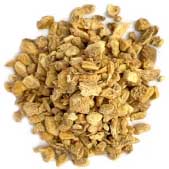
GINGER ROOT
Ginger has a sharp taste, a refreshing aroma, and a warm, spicy bite, making it a popular addition to black or green tea. Its bold flavor is highly versatile and blends well with a wide range of herbs and spices. Ginger root has long been enjoyed as a tea ingredient and is commonly paired with botanicals such as anise and cardamom for flavorful herbal infusions. Its distinctive character makes it a favorite choice for both standalone teas and custom herbal blends.
Buy Ginger »
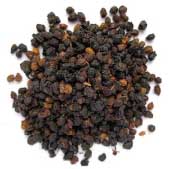
ELDERBERRY
If you’re looking to add a distinctive botanical to your blends, elderberries offer a tangy, slightly bitter profile with subtle floral notes. Dried elderberries pair well with fruit pieces and chamomile flowers to create a flavorful herbal tea, or they can be blended with black or green tea to introduce depth and balance to more traditional tea bases.
Buy Elderberry »
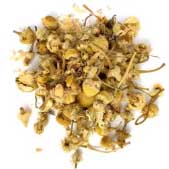
CHAMOMILE
There are certain herbs that are informally classified as “sleep herbs” and chamomile is one that often makes the list. It has a slight apple-like smell and taste, making it an easy-drinking herb and complementary to many teas and flavors. When brewed or ground, chamomile flowers have a long history of traditional use in herbal practices associated with calm moments and digestive comfort.
Buy Chamomile »
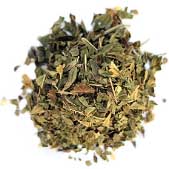
PEPPERMINT
Dried peppermint leaf is one of the most popular herbs used for tea because it blends so well with most other herbs. Peppermint contains menthol oils, giving it that invigorating smell and delicious taste. For a simple, invigorating drink, try mixing peppermint with gunpowder green tea.
Buy Peppermint »
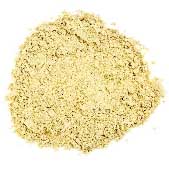
KAVA KAVA ROOT
Kava, known as the “peace plant,” is typically enjoyed at the end of the day by Pacific Islanders to unwind. Kava kava root can taste a little sour, so it’s best when mixed with other strong-tasting, aromatic herbs like ginger, cinnamon or nutmeg to mask or enhance the flavor.
Buy Kava Kava Root »
According to Nielsen data, the tea industry has gotten a serious bump in sales* over the last couple of years and one way to keep the upward trend going is through product and flavor innovation. The herbs above are some of the more popular and time-tested, but there is a vast world of plants with different flavors, colors, and functions to explore.
We provide bulk herbs to a range of beverage, tea, kombucha, and alcoholic beverage brands. Reach out to us if you are thinking of creating a new product and need a source for quality bulk herbs at competitive prices.
*foodnavigator-usa.com
